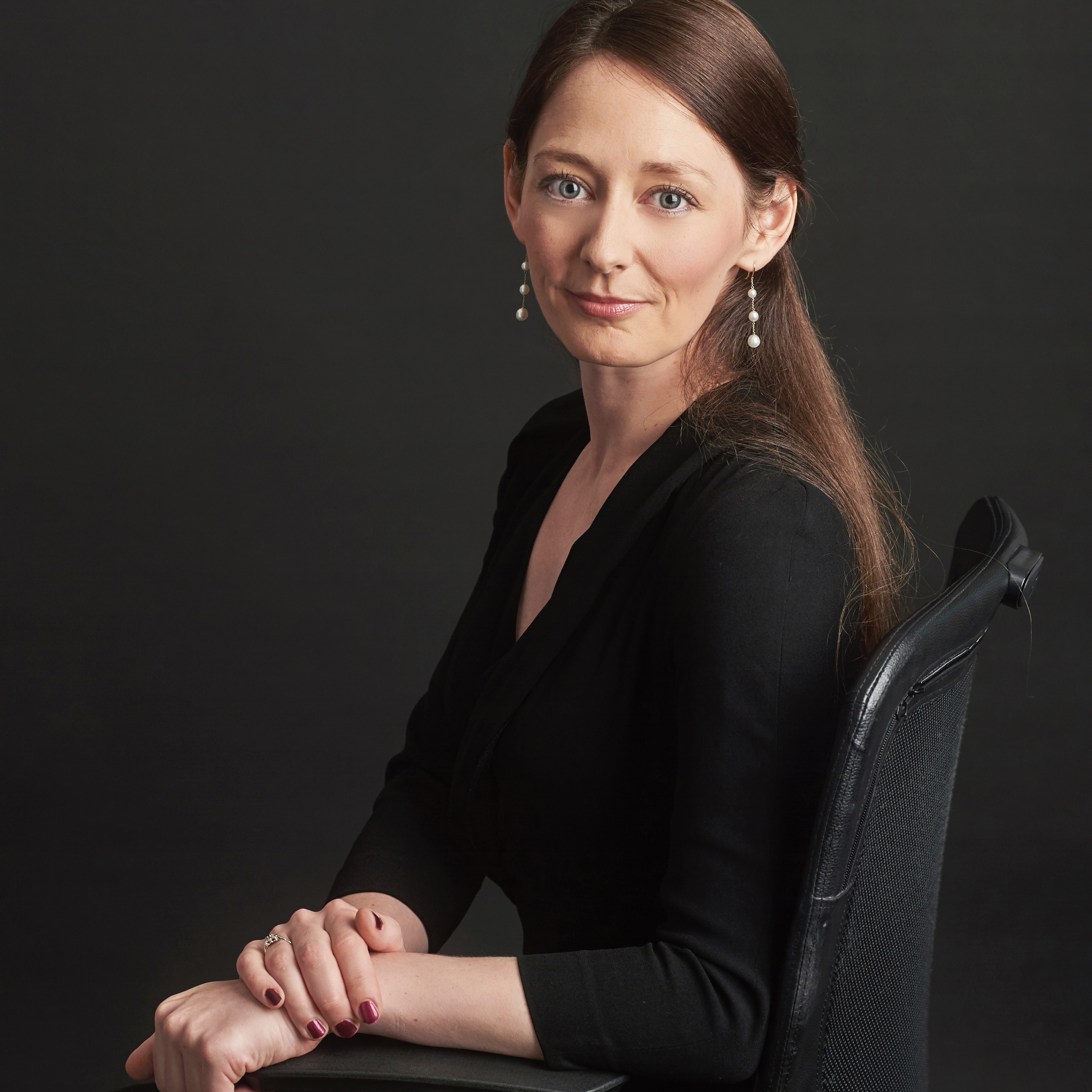Surinder Singh and the new EEA Regulations
Regulation 9 of the Immigration (EEA) Regulations 2016 took effect from November 2016, and sets out the criteria for when family members of British citizens can rely on the Regulations. It restricted the already tight approach of the 2006 Regulations.
My post of December 2014, here, set out the approach under the previous Regulations and the basic requirements of the Surinder Singh route.
The new Regulations require that:
- The British citizen is residing in an EEA State as a worker, self-employed person, self-sufficient person or a student, or so resided immediately before returning to the United Kingdom or has acquired the right of permanent residence in an EEA State;
- That the Applicant and British citizen lived together in the EEA state;
- That the residence was ‘genuine’.
The Regulation sets out factors to be taken into account in this regard in subparagraph 3:
- Whether the centre of the British Citizen’s life transferred to the EEA State;
- The length of the Applicant and British citizen’s joint residence in the EEA State;
- The nature and quality of the Applicant and British citizen’s accommodation in the EEA State, and whether it is or was British citizen’s principal residence;
- The degree of the Applicant and British citizen’s integration in the EEA State;
- Whether the Applicant’s first lawful residence in the EU with the British citizen was in the EEA State.
There is then a newly introduced restriction in subparagraph 4 where the residence “was as a means for circumventing immigration laws applying to non-EEA nationals” to which an applicant would otherwise be subject.
The case-law of the Court of Justice shows how the member states have to approach EU law, and there seems to be little authority for the requirement for the intention not to be to circumvent more restrictive rules, in view of the Court’s approach to abuse of EU law in cases such as Akrich, a 2003 case on marriage and the irrelevance of how/why rights under EU law were obtained, as the Court’s focus is on whether they are obtained.
The new Regulations also preclude reliance on this provision by persons who fall within the definition of ‘extended family members’ – e.g. the brothers / sisters / aunts / uncles / unmarried partners / other non-immediate family members for whom discretion has been exercised in the EEA member state and who became family members there. Again, this does not seem to be in line with the approach of the Court of Justice, and may be subject to challenge in the future.
Contact Our EEA Immigration Barristers
For further advice and assistance with applying under the Surinder Singh route, contact our specialist EEA immigration barristers on 0203 617 9173 or via our enquiry form.








